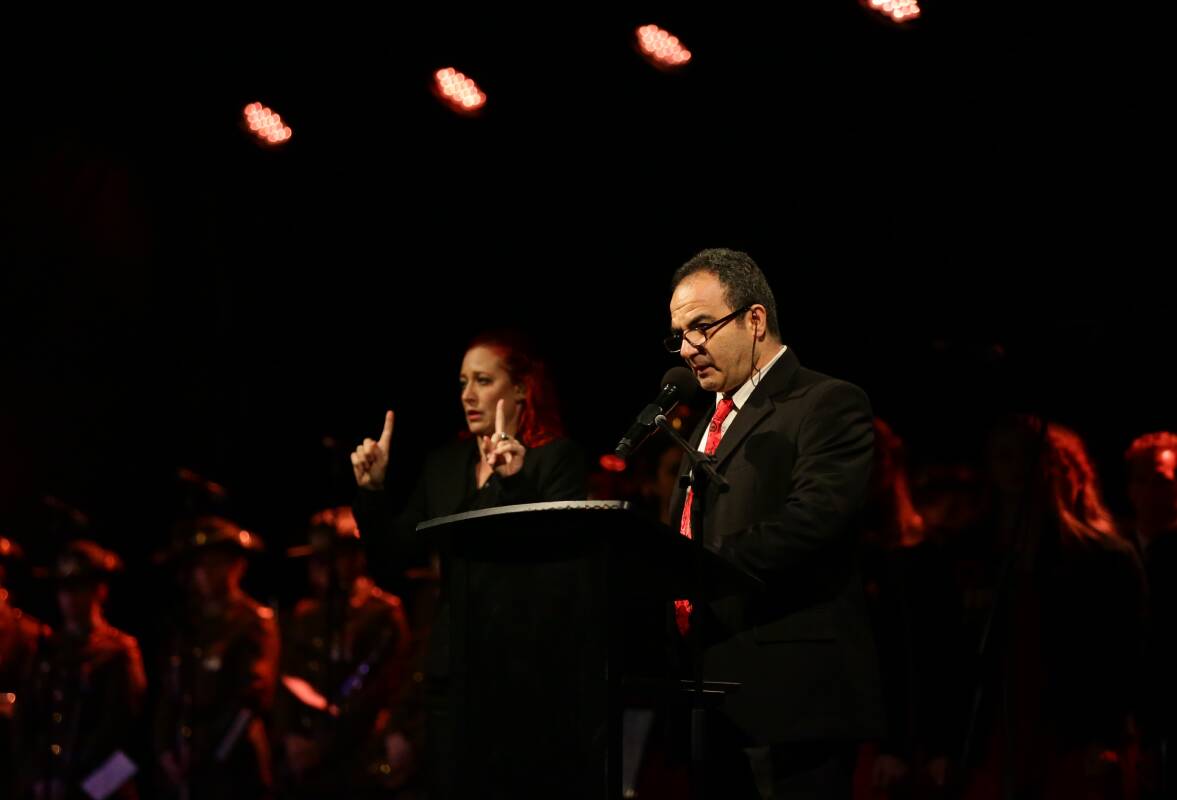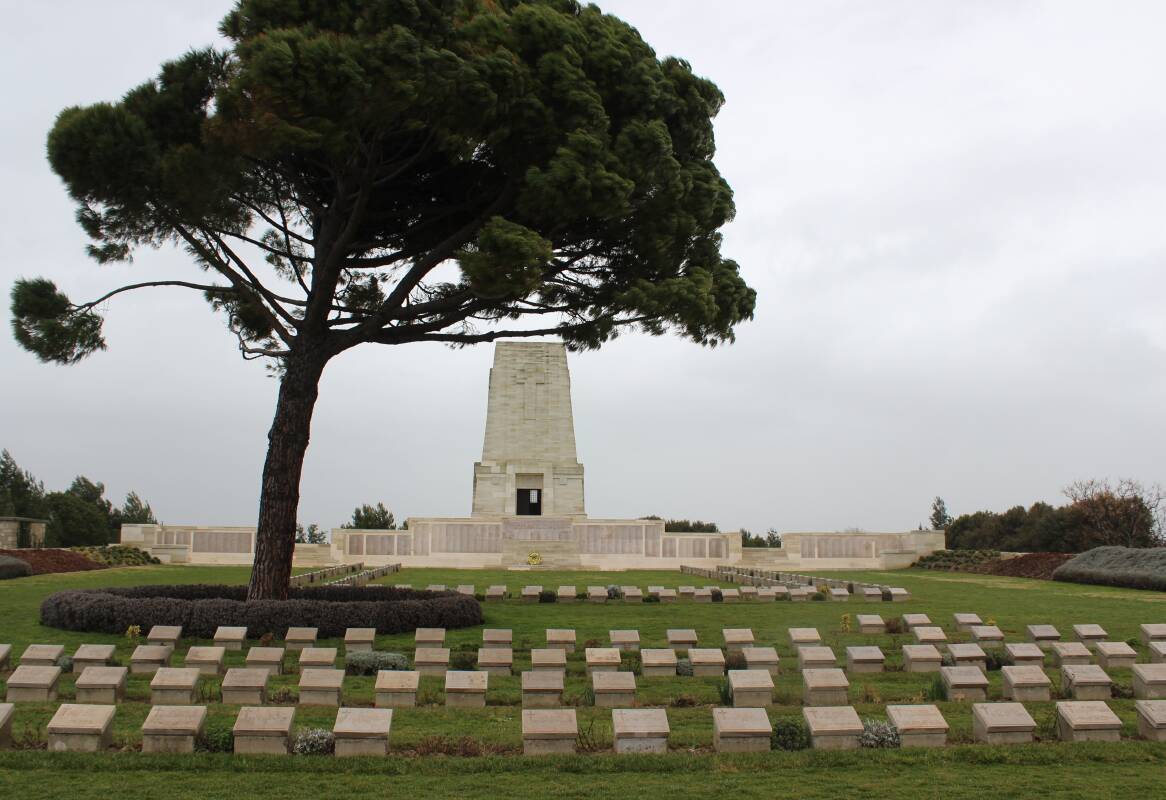
Gallipoli unites Australians and Turks in more ways than one could ever imagine.
Tomorrow, it will be 109 years since the Anzacs landed at Gallipoli. Growing in significance each year, there are many reasons that make Gallipoli extraordinary. Enabling us to witness how mankind can fight with honour, Gallipoli has helped mould the identities of the Anzacs and Turks.
Fighting for their nations, thousands of magnificent young men felt obliged to sacrifice their lives, putting aside everything else they cherished. Forged from this great sacrifice, this identity takes its place in history as unparalleled heroism of both Turkish and Anzac soldiers. Since almost every Turk has an ancestor martyred at Gallipoli, this battle lives on in the heart of every Turk.
For a clearer understanding of what Gallipoli means for the Turks, I want to mention a few lines of a famous Turkish poem about Gallipoli and how it has encapsulated in Turkish identity.
Stanza 1: The market of mirrors in Gallipoli is still there / Mother, I'm going to face the enemy here / Oh, but I'm so young.
Turks identify Gallipoli as a battlefront of no return. Stating that all looks well in Gallipoli with its markets, making reference to his youth, the soldier is implying that he will be martyred. This reputation of Gallipoli being a battlefront of no return is supported by the historical fact that there are dozens of schools in Turkey that did not have any graduates between 1915-17. All of the students over the age of 14, including their teachers, went to Gallipoli and never returned.
Stanza 2: In Gallipoli is a tall pine at which I gazed / Some of us are married, some engaged / Oh, but I am so young.
The Turkish soldier resembles the pine to his beloved. Here, the Mehmetcik (Turkish soldier) has prioritised his nation over his family, indicating his his great sacrifice and patriotism.
Turkey's national anthem is another poem that forges national identity around Gallipoli with three themes: recognition, remembrance and respect.
1. Walk not as if it was any other piece of land, recognise it! 2. As for those lying beneath in their uniforms, remember them! 3. You, the descendants of these martyrs, respect them!
Dear Australians, isn't this why we congregate every year in numbers greater than the previous? Isn't it our duty to recognise, remember and respect those magnificent humans who died at Gallipoli and other battlefronts?
Emphasised by Turkey's founding father, Mustafa Kemal Ataturk, who was one of the Turkish commanders at Gallipoli, his commemoration of the Anzacs has unparalleled significance in the ethics of modern warfare. In his address to the parents of the fallen Anzacs, Ataturk mourns for the soldiers of both sides. Acknowledging the bereavement of the Anzacs' parents, these immortal words of Ataturk could not have taken its place in history in any better way. By saying "wipe away your tears! Your children are lying in our bosom. After having lost their lives on this land, they have become our sons as well", Turkey has not only recognised Australia and New Zealand's great sacrifice, but embraced the Anzacs "who lie in peace in Gallipoli" as its own sons.

This unique and moral nature of the struggle and sacrifice forged by the Anzacs and Mehmetciks may seem difficult to understand. As a leader who had the courage to recognise the common bonds of humanity shared by both sides, Ataturk addresses his feelings towards the Anzacs' parents without hesitation. Proven by Ataturk, true statesmanship carries the capacity to forge historical events for the better instead of worse. As someone who prioritised "peace at home and peace in the world" Ataturk's recognition of Anzac heroism is the perfect example of his leadership, a leadership that has embraced the Anzacs as the sons of the Turkish nation to be forever cherished.
I am proud to be writing this as a citizen of two great nations of the free world representing peace, freedom and contemporary values.







